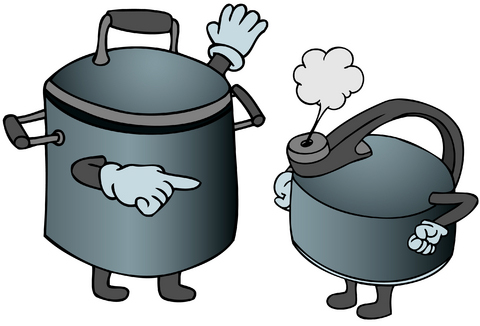As the term ‘insurrection’ is normally used — think about the Whiskey Rebellion, or for that matter, the Battles of Lexington and Concord — it’s laughable to call the events of January 6 an insurrection.
Seriously, who shows up to an insurrection unarmed? And then — after temporarily occupying a building of which they, as citizens and taxpayers, are part owners — simply goes home?
If burning down a significant portion of a city doesn’t even deserve to be called a ‘riot’ — apparently the preferred term is ‘mostly peaceful protest’ — what happened at the Capitol on January 6 could most accurately be described as an exuberant expression of disgust.
But let’s, for a moment, suppose that the worst fears of Democrats are true — that the participants went there, not as a protest, but as a challenge.
Were they trying to change the form or structure of that government, or challenge its authority? They weren’t. (Again, it’s instructive to compare what they were doing to what actual insurrectionists have done, or tried to do, throughout history.)
What they were challenging, in fact, was something they saw as an insurrection — the fraudulent manipulation of an election in order to unlawfully seize control of that government.
All of which is to say, if you were milling around in the Capitol on January 6, you were there because you regarded the election itself as an insurrection, and because you wanted to stop an ongoing insurrection, not participate in a new one.
It’s important to note that they weren’t trying to stop the normal electoral process. They were just trying to slow it down, in much the same way that a court will issue an injunction to delay an action that might, if allowed to proceed too hastily, cause irreparable harm.
If an insurrectionist is someone who participates in an insurrection, what should we call someone who tries to stop one?
